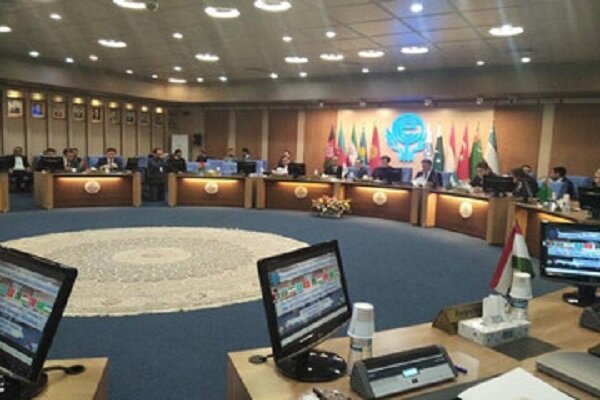
Similar Posts
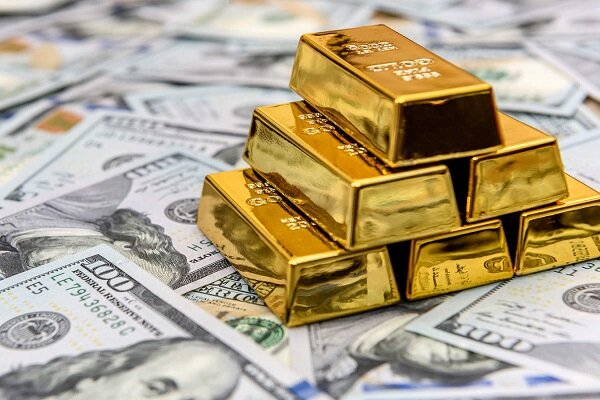
Gold Prices Soar to Historic Highs in Global and Local Markets!
Gold prices in Pakistan have surged, with the price per tola increasing by Rs1,000 to reach Rs309,000, and the price for 10 grams rising by Rs857 to Rs264,917. This follows a record high on Wednesday, attributed to global trends, geopolitical tensions, and a demand for safe-haven assets. Internationally, gold prices climbed $34 to $2,944 per ounce. Analysts are cautiously optimistic, predicting prices could reach between $3,000 and $3,100. Economic factors, including a slight depreciation of the Pakistani rupee and a shortfall in a recent T-Bill auction, also influence these market dynamics, presenting both challenges and opportunities for investors.
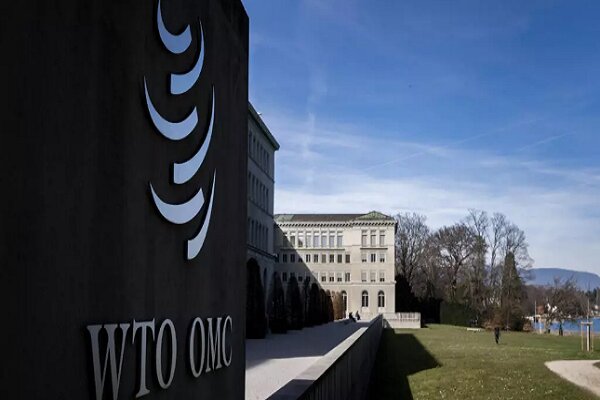
China Slams US ‘Tariff Shocks’ in WTO Showdown
President Trump’s recent tariff impositions, particularly targeting China, have raised concerns about global economic stability and trade relations. Effective January 20, a 10 percent tariff on Chinese imports was enacted, followed by a 25 percent tariff on steel and aluminum starting March 12. Additionally, proposed tariffs on imported cars could also reach 25 percent. China’s WTO ambassador, Li Chenggang, criticized these unilateral measures as violations of WTO rules, warning of potential economic instability, disrupted trade, domestic inflation, and a looming global recession. These developments signify a major shift in U.S. trade policy and are prompting global scrutiny and concern.
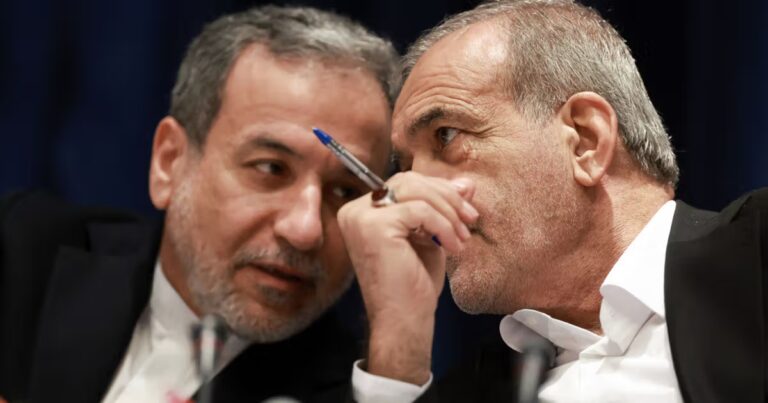
Tehran Offers US Market Access: Navigating Significant Barriers Ahead!
Amid economic challenges, Iran is seeking U.S. investment to bolster its economy, extending an invitation to American investors as a potential step toward broader diplomatic engagement. Iranian officials, including President Masoud Pezeshkian, emphasize the need for at least $100 billion in foreign investment for sustainable growth, while also advocating for the lifting of both primary and secondary U.S. sanctions. However, significant obstacles remain, including the complexities of U.S. sanctions and Iran’s opaque economic environment dominated by state entities. Experts suggest that substantial reforms and a more transparent business climate are necessary to attract meaningful foreign investment.
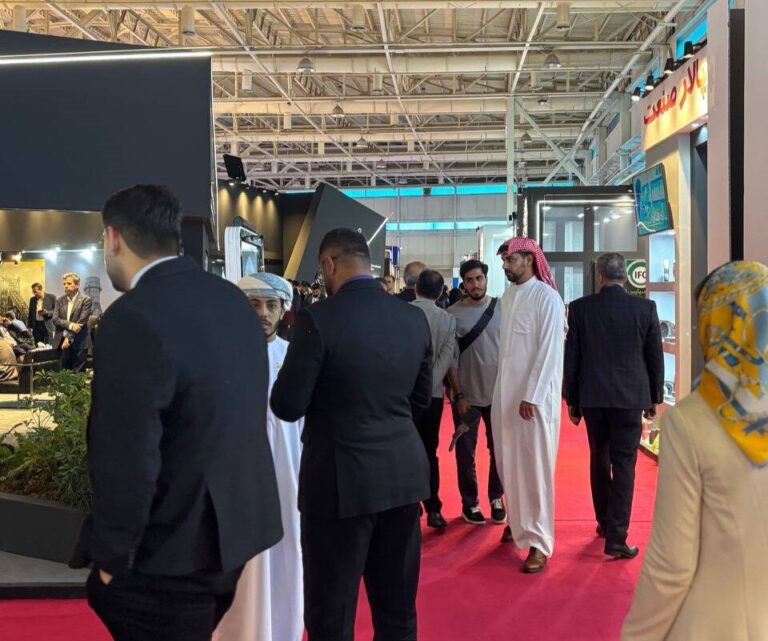
Tehran Set to Host Iran Expo 2025: The Country’s Premier Trade Event Unveiled!
Iran Expo 2025 is the seventh Exhibition of Export Capabilities of the Islamic Republic of Iran, taking place in Tehran from April 28 to May 2. This key trade event brings together over 2,000 companies and representatives from more than 100 countries, focusing on enhancing Iranian exports and fostering international trade relationships. The expo emphasizes non-oil exports, attracting foreign investments and facilitating negotiations for cooperation agreements. Through workshops and seminars, participants gain insights into market trends and best practices. Overall, Iran Expo 2025 serves as a vital platform for showcasing Iranian capabilities and promoting lasting international business connections.
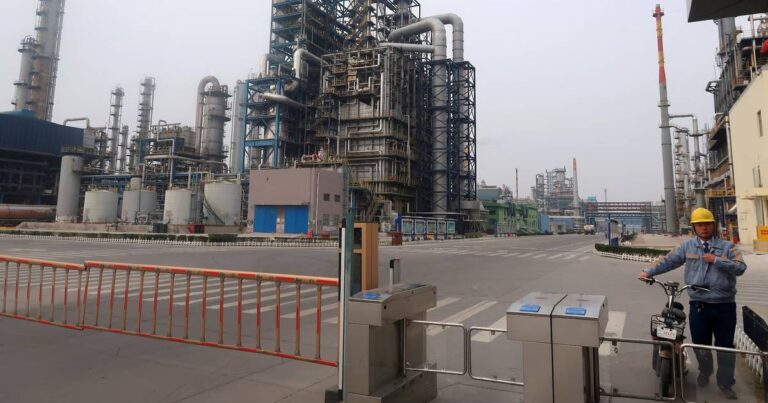
China Halts Iran Oil Orders Amid U.S. Sanctions: Impact on Teapot Industry
Small Chinese refineries, known as “teapots,” are exercising caution regarding new orders of Iranian crude oil due to recent US sanctions on Shouguang Luqing Petrochemicals. Since March 20, no new deals for Iranian crude have been reported, highlighting uncertainty among these refineries. While Chinese imports of Iranian oil may increase in March, the sanctions create risks for financing and operational capabilities. Despite a significant decline in Iranian oil deliveries to China earlier this year, some sanctioned tankers have still discharged cargoes at Chinese ports, raising questions about sanction enforcement. Overall, the situation remains complex and precarious for both Iranian suppliers and Chinese refineries.

Tajik Energy Minister Explores Energy Collaboration During Visit to Iran’s Shiraz
Tajikistan’s energy minister, Daler Juma, recently visited Iran’s Shiraz to initiate the 17th session of the Joint Commission for Economic Cooperation between the two nations. This visit highlights efforts to strengthen economic ties, enhance investment opportunities, and develop infrastructure. Key discussions focused on energy cooperation, leveraging Tajikistan’s hydropower potential and Iran’s oil and gas resources to improve energy security and drive economic growth. Future collaborations in agriculture, trade facilitation, and cultural exchange are also expected. Overall, the ongoing dialogue signifies a commitment to fostering a robust partnership for mutual prosperity and regional stability.